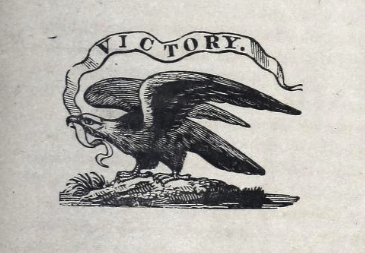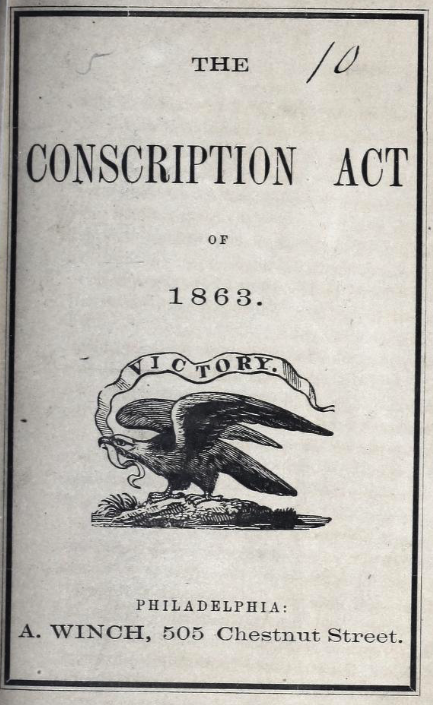Who Were the Draft Resisters of the Civil War?
Little has been written of opposition to the military drafts of 1863. As genealogists, we could encounter it in our research. Here is how to research it.

In March 1863, the Union Army was desperate for more soldiers. The 1862 state-run militia draft was not produce as many new enlistments as high as expected and the War Department needed more troops. In response the U.S. Congress passed the first mandatory conscription of men in the country’s history.
The reaction to this mandatory military draft ranged from begrudging acceptance to outright physical resistance.
In this article I detail the 1863 federal draft law, where resistance that law occurred, and three of the most famous cases we know of today. I then wrap with how to research Civil War draft resisters further.
The Conscription Act of 1863
The first military draft in the United States applied just to Northern states of the Civil War. Called “An Act for enrolling and calling out the national Forces, and for other Purposes,” it was signed into law by Abraham Lincoln on March 3, 1863.

The text of the law states exactly which men will be drafted into the Union Army that year:
SEC 2. And be it further enacted, That the following persons be, and they are hereby, excepted and exempt from the provisions of this act, and shall not be liable to military duty under the same, to wit: Such as are rejected as physically or mentally unfit for the service; also, First the Vice-President of the United States, the judges of the various courts of the United States, the heads of the various executive departments of the government, and the governors of the several States. Second, the only son liable to military duty of a widow dependent upon his labor for support. Third, the only son of aged or infirm parent or parents dependent upon his labor for support. Fourth, where there are two or more sons of aged or infirm parents subject to draft, the father, or, if he be dead, the mother, may elect which son shall be exempt. Fifth, the only brother of children not twelve years old, having neither father nor mother dependent upon his labor for support. Sixth, the father of motherless children under twelve years of age dependent upon his labor for support. Seventh, where there are a father and sons in the same family and household, and two of them are in the military service of the United States as non-commissioned officers, musicians, or privates, the residue of such family and household, not exceeding two, shall be exempt. And no persons but such as are herein excepted shall be exempt: Provided, however, That no person who has been convicted of any felony shall be enrolled or permitted to serve in said forces.
SEC. 3. And be it further enacted, That the national forces of the United States not now in the military service, enrolled under this act, shall be divided into two classes: the first of which shall comprise all persons subject to do military duty between the ages of twenty and thirty-five years, and all unmarried persons subject to do military duty above the age of thirty-five and under the age of forty-five; the second class shall comprise all other persons subject to do military duty, and they shall not, in any district, be called into the service of the United States until those of the first class hall have been called.
All the men who voluntarily chose to enroll in the Union Army had done so in 1861 at the start of the war, and in 1862 when the Pennsylvania Adjunct General’s office led a draft effort within the state. During June and July 1863, federal marshals fanned out across the state and created lists of eligible men and conducted lottery drafts. These federal draft lists are organized by Congressional District and have been digitized by Ancestry.
In the summer of 1863 while they were being invaded by Confederate troops, some of the people of Pennsylvania had had enough of the war and began actively resisting the federal draft.
